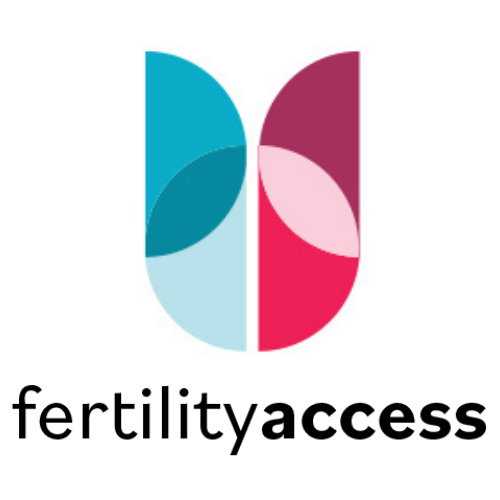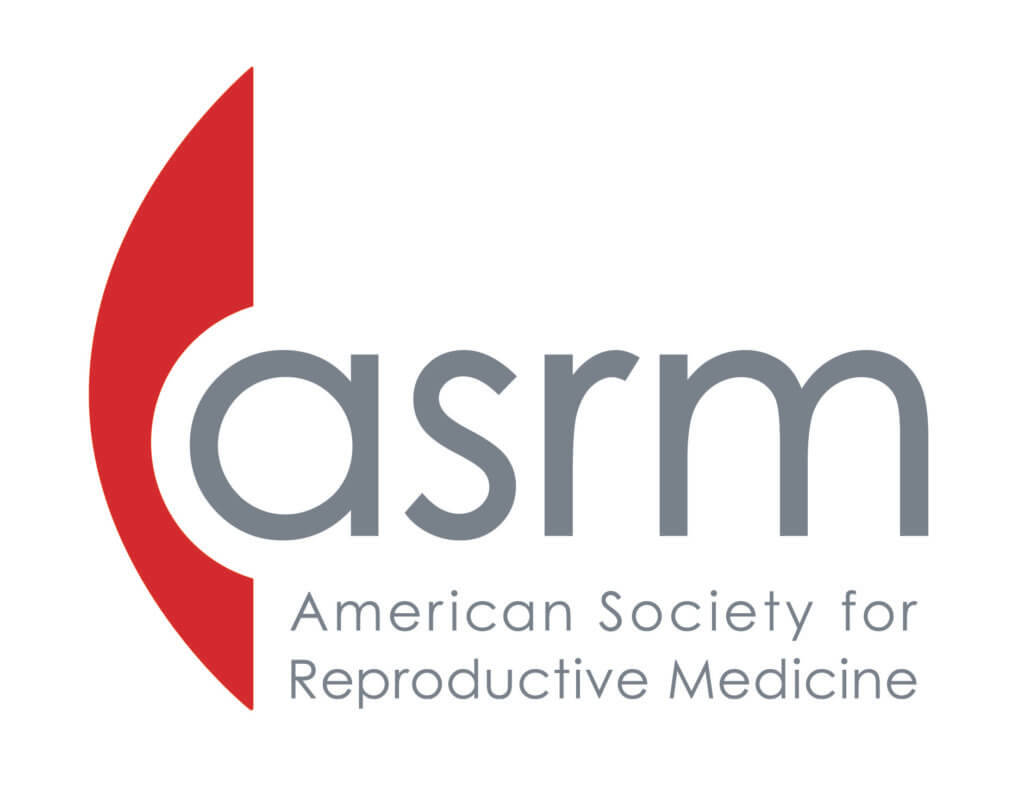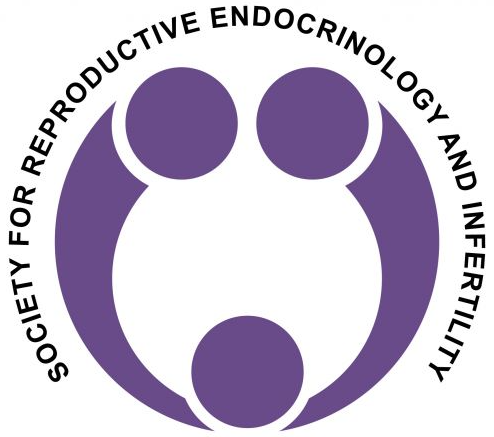Therapeutic donor insemination (TDI) is a form of artificial insemination that uses donor sperm from an anonymous or known donor. The procedure involves placing previously frozen (thawed) sperm in the uterus at the time of ovulation.
Who can benefit from therapeutic donor insemination?
TDI can be an effective treatment for the following scenarios:
- Heritability – In this case, one or both partners carry a genetic disease that could be passed on to the child.
- Unsuccessful treatments – Couples who could not conceive via in vitro fertilization (IVF) or intracytoplasmic sperm injection (ICSI) may get results with TDI.
- Low sperm count or other problems – When a male partner has no sperm or very little sperm, or has other semen-based issues that cause infertility, a donor is necessary.
- Presence of a sexually transmitted infection – When the male partner (excluding the female), has a sexually transmitted infection, such as HIV, TDI provides a safe source for “clean” semen.
- Women without a male partner – Many single women or same-sex female couples try TDI to start a family.
What you should know about therapeutic donor insemination
Safety
All sperm banks perform strict testing on potential donors to help ensure safe sperm donation, including:
- In-depth medical history analysis
- Psychological testing
- Personal interviews
- STD tests
- Genetic testing
In addition, sperm is frozen and quarantined for at least six months after donation. After six months, potential donors are re-tested for any signs of STD infection prior to the thawing and use of sperm samples.
Choosing a donor
Choosing a donor can be difficult for moms to be. For many women, there are many factors to consider. Here is just a partial list of criteria of how donors are selected:
- Physical appearance
- Blood type
- Ethnic or cultural background
- Profession
- Religion
- Level of education
Success rates
Some studies show the cumulative pregnancy rate with TDI to be between 40 and 70 percent, yet many variants affect the treatment’s success, such as:
- Age –After a woman reaches age 30 and beyond, success rates decrease.
- Number of sperm –A minimum number of sperm must be inserted into the uterus for a greater chance of success.
- Timing –Optimal results most often occur when the procedure is done on the estimated day of ovulation.
- Method – Inserting the sperm into the uterus, (instead of the cervix), has been shown to achieve better results.
Expert therapeutic donor insemination in the Twin Cities
At the Center for Reproductive Medicine, we provide advanced therapeutic donor insemination treatment in Minneapolis and St Paul helping ensure sperm efficacy and safety to guiding you through your financial options, our caring, credentialed specialists are here for you.
To learn more or schedule an appointment, call 612-863-5390 or click here to complete our quick, convenient new-patient form.





